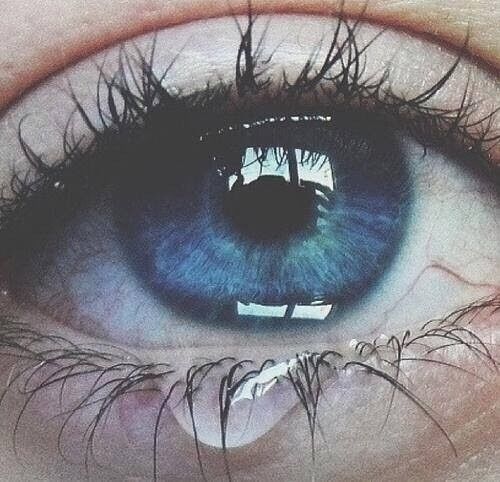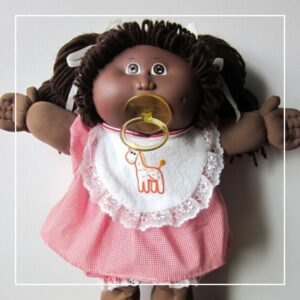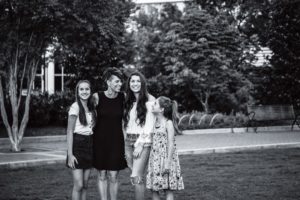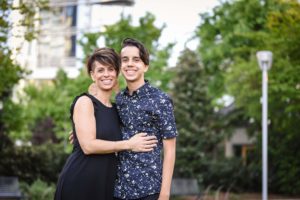The first time I heard about the power of white women’s tears was three years ago. I began digging deeper to learn how I’ve benefited from white privilege and white supremacy. At this point in my life, I would have rejected the message that I could possibly be a racist or the idea that my tears had power. I love Jesus and all people – at least this was the story I was telling myself. I have friends who are black, brown, and of all different ethnicities. This could not possibly apply to me.
Of course, the idea of white privilege made me feel uncomfortable. My immediate response was to reject this message, look away, and believe it not to be true. It would simply be too painful to partner with this idea. Despite what I may have wanted to believe, I was familiar with these types of feelings and knew exactly why I needed to keep leaning in and sitting in my discomfort. I needed to allow the pain to do its job to teach and heal me from what society, certain Christian circles, and family had handed down to me without me even knowing.
One day, as I was sitting at a table with a very dear 6ft 200 pound black male friend of mine (I love our friendship. His wife and my husband both agree that we must have been separated at birth because we are very much alike. Well, with the exception that he is a black man and I’m a white woman.), discussing goals and dreams. The Holy Spirit flooded my body with conviction of the power of a white woman’s tears. It was as if the scales were removed from my eyes. There were people sitting and standing all around us. I realized at any moment I could begin to cry and make a scene and immediately, without question, wreak havoc on my friend’s life and reputation.
This made me see not how a white woman could falsely accuse an innocent black man, but what a white woman’s tears could do to another woman of color. It infuriated me because I like to believe that I’m for all women. I have a ministry to empower women. But until I came to grips and recognized the damage women like me cause, I would not be an ally for WOC.
Yes, I cried, but these tears were because I had just recognized how someone like me has the power to hurt others simply because my own feelings are hurt. See, when women shed tears, not out of deep remorse, but instead because we feel bullied or that other WOC are being too harsh, this is called white fragility. It’s a real thing.
According to Robin Diangelo, author of White Fragility, it is the exact reason why white people are so afraid to engage in conversations about racism. Diangelo states, “White fragility is a state in which even a minimum amount of racial stress becomes intolerable, triggering a range of defensive moves. These moves include the outward display of emotions such as anger, fear, and guilt, and behaviors such as argumentation, silence, and leaving the stress-inducing situation. These behaviors, in turn, function to reinstate white racial equilibrium.”
If you are a safe person, WOC would share their painful stories with you, confirming this is not something made up. These are real life experiences for them. Maybe not all WOC, but the majority will tell you this is true. I was sad. I was furious. My heart broke because I began to recognize how I’ve been a part of the problem all along. I could no longer use the excuse of, “my husband is half Mexican” or “I have Hawaiian roots and my mom is half Hawaiian.” I could no longer use the excuse of “I have black friends.”
I have without a doubt benefited from white supremacy. If I chose to keep looking away and not calling out racism and support the work of other POC who working tirelessly to dismantle white supremacy, I could not call myself anti-racist. I could not just speak up when it benefited me.
I was reminded yet again to keep allowing the Holy Spirit to take me through the fire and burn down everything within me that was attached to white supremacy. I’m still a work in progress, but I have made a promise to God and myself that I would use my privilege for good. I will be careful not to make me the hero of the story because I’m not. The real heroes are the POC who have been tirelessly doing the work of deconstructing white supremacy.
I still have blind spots that have not been uncovered. Because of this, I’ve asked my friends of varying ethnicities and backgrounds to hold me accountable and call me out if I say anything hurtful. I’m sure I will, even though my intention will not be to hurt anyone. It takes more than good intentions. It takes someone who has a humble heart, able to confess, apologize, and not return to the same hurtful behaviors while continuing to do their own inner work – when you know better you do better.
If we truly want to follow Jesus and love our neighbors well, we must surrender our privileges and preach a gospel that is good for everyone – one which includes all people; not a gospel that benefits only a select few and focuses only on making American great again. If it doesn’t invite the oppressed, marginalized, immigrants, and poor, it’s simply not the gospel.
Here are some of the women who I would encourage you to follow: Latasha Morrison, Lisa Sharon Harper, Austin Channing, Cece Jones-Davis, and Kaitlin Curtice.
Editing credit: Amazing and talented Shelley Sample
Photo Credit: pxhere.com



